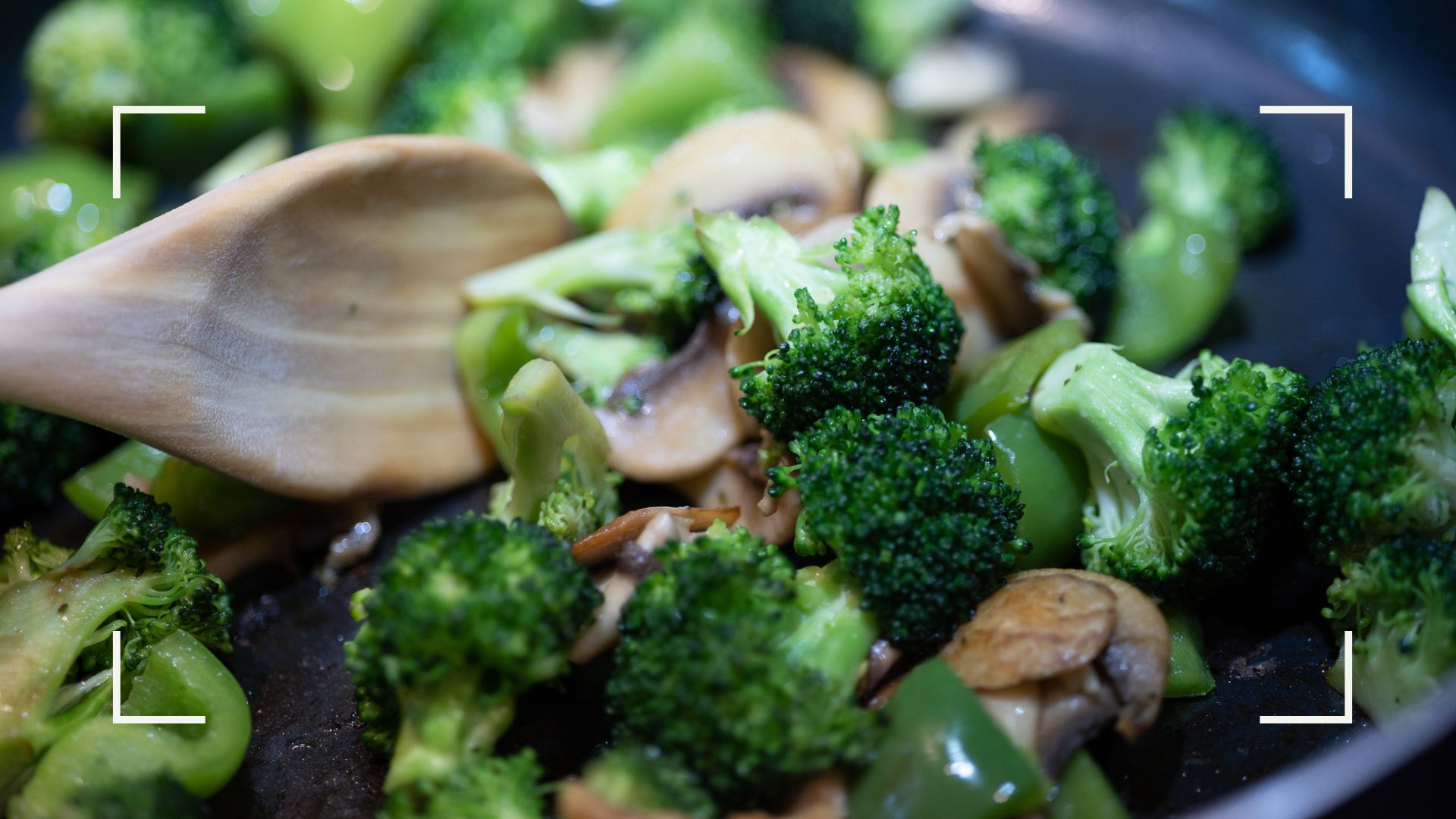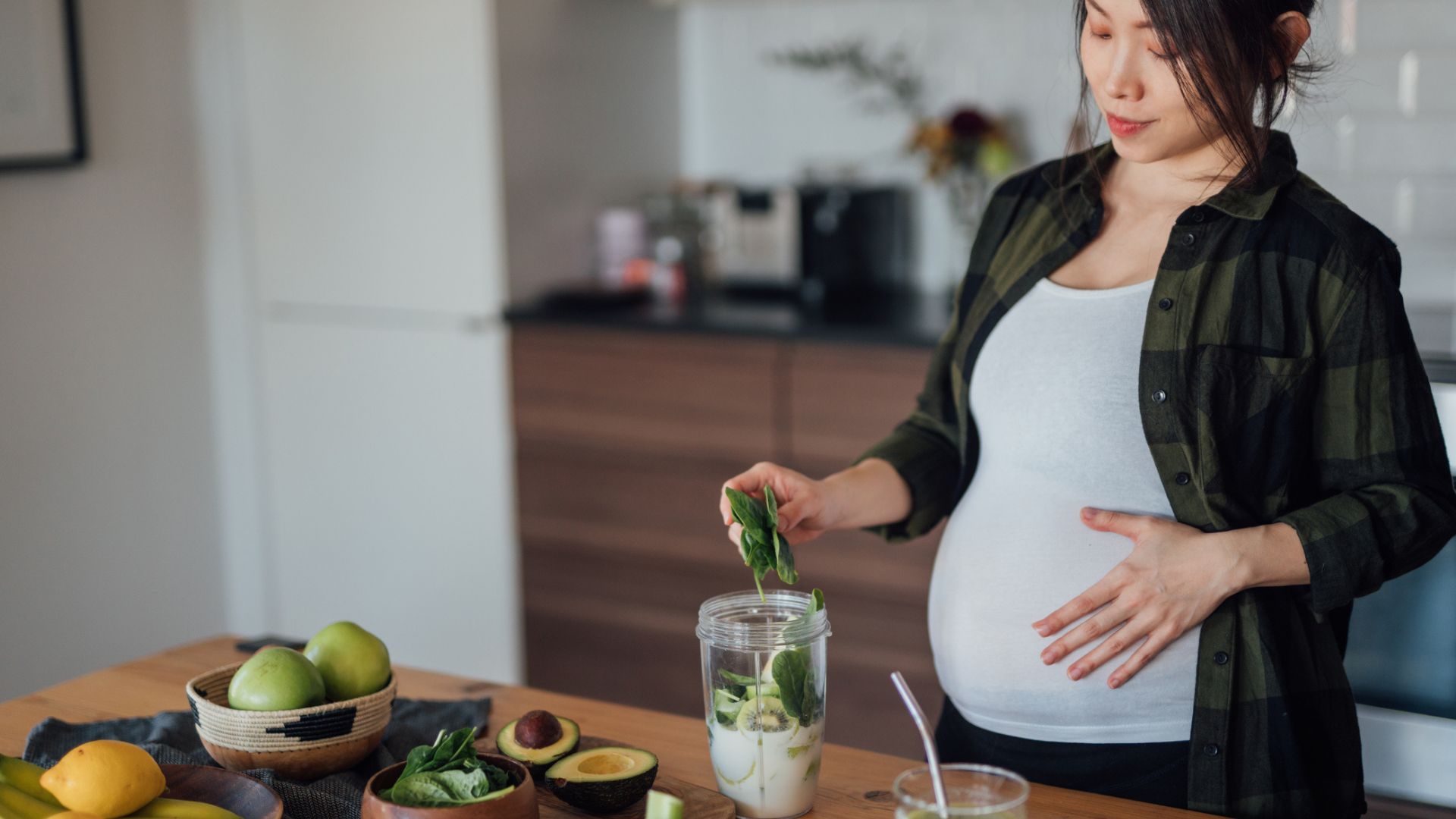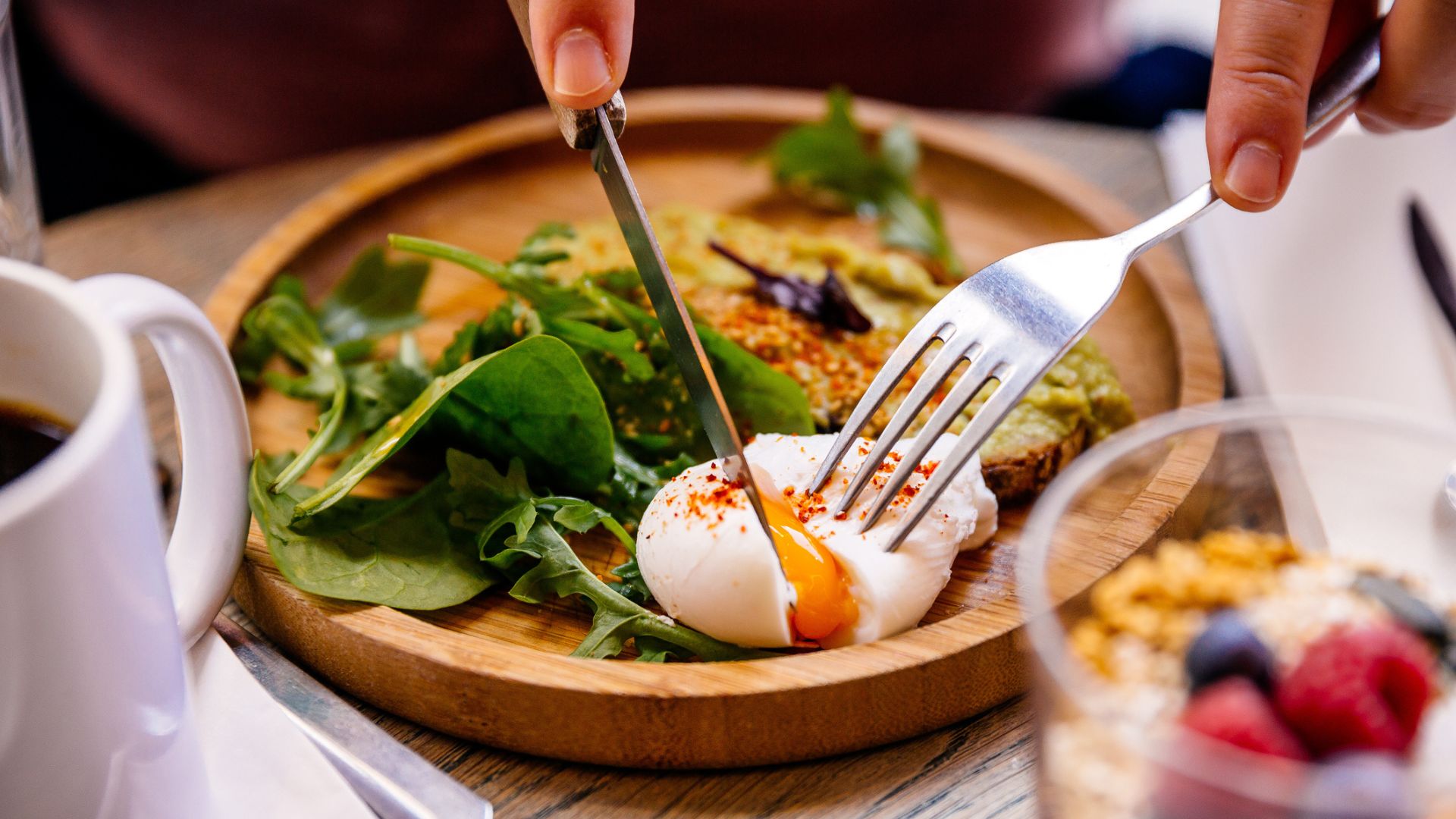What are the benefits of folic acid and which foods can it be found in?
Getting enough folic acid in your diet can significantly improve your overall health


Folic acid is traditionally recommended for women who are pregnant or breastfeeding, however, it’s also one of the best vitamins at every stage of life. While it doesn’t sound like the most exciting of supplements, numerous benefits come with topping up on enough of it.
Whether you opt for folate (folic acid in natural form) in foods like spinach, kale, and avocado, or folic acid in a supplement, it's essential to include plenty of the vitamin in your diet as the body doesn't produce it on its own.
If you always feel tired in winter then it could be that you're experiencing a nutrient deficiency in this area. We've called on the experts to break down for you exactly what folic acid is, what happens when you don't get enough of it, and why it's a particularly important component of motherhood. We'll also reveal which foods you can source it from, as well as the instances when supplements may be helpful.
What is folic acid?
Folic acid is also known as folate, the organic material in vitamin B9. It is important to our health, and cell production in particular. Before we get into the details though, why exactly do we discuss folic acid and not folate? “Folic acid is a form of folate, but our bodies are more efficient at absorbing the former rather than the latter,” says Julie Harris, a registered nutritionist specializing in chronic conditions.
Folate and folic acid help your body make new red blood cells, which carry oxygen around your body. The folic acid you ingest plays an important role in cell division, producing more red blood cells that are the right size and shape, confirms a study by the University of Iowa. Since your body cannot function without this circulation of oxygen in blood cells, folic acid is the vitamin that helps your body to operate effectively.
“Folic acid’s claim to fame is the crucial role it plays in early pregnancy, reducing the risks of brain and spinal birth defects," says Linda Nikolakopoulos, a dietician and nutritionist with more than 20 years in the industry. “However, it is also very important in the non-pregnant population. It plays an important role in maintaining healthy functioning of the heart and blood vessels.”
What happens if you don't get enough folic acid?
Falling short on adequate folic acid levels could lead to increased risk of cardiovascular disease, explains Nikolakopoulos. “Some research even suggests that folic acid could potentially reduce cancer risk and may be helpful in treating depression," she says, pointing to a study by McGill University.
Sign up to our free daily email for the latest royal and entertainment news, interesting opinion, expert advice on styling and beauty trends, and no-nonsense guides to the health and wellness questions you want answered.
Harris agrees that maintaining adequate levels of folic acid is critical for your long-term health. "It can play a role in preventing type two diabetes and rheumatoid arthritis," she reveals. "Plus, a deficiency may contribute to anemia, low bone density, memory loss, and poor brain function." It's worth noting that people who have digestive or malabsorption issues, such as celiac disease, could be at increased risk of developing a folic acid deficiency.

Why folic acid is important during pregnancy
While it’s beneficial at any stage of life to get enough, Harris stresses the importance of folic acid for women who are expecting. “It’s important to have adequate levels for a developing fetus,” she explains, “It helps prevent birth defects as folic acid is essential for the DNA and cell division process."
It's recommended that pregnant women take a folic acid supplement daily, and also eat foods fortified with the nutrient. If you are pregnant and want to start taking supplements of any kind, always speak to your doctor first.
How to get folic acid in your diet
“Thankfully, there are several foods that provide high amounts of folic acid, along with other vitamins and minerals,” says Nikolakopoulos. These include:
- Dark green leafy vegetables, such as spinach, asparagus, Brussels sprouts, broccoli, and romaine lettuce
- Black-eyed peas and other beans
- Peanuts
- Eggs
- Beef liver
- Avocados
- Whole grains
- Fortified breakfast cereals
Supplements
Pregnant women can usually top up on folic acid through prenatal vitamins. They’re available over the counter and in a prescription form, depending on how much of the nutrient your doctor believes you need.
If dietary restrictions are keeping you from getting your full dose of folic acid during meal times, then a supplement may well be your best, and easiest, option. “While the ideal is to get what your body needs from actual food, folic acid supplementation is sometimes needed,” points out Nikolakopoulos. And while we're on the subject, the benefits of magnesium also shouldn't be forgotten about as another vital nutrient that women require plenty of in their diet.

How much folic acid do women need?
“The daily recommended intake for women over the age of 20 is 400 micrograms," says Nikolakopoulos. "Pregnant women need a bit more at 600mcg and if you're lactating you need 500mcg per day. As a point of reference, a half a cup of cooked spinach contains about 131mcg, and a half a cup of cooked black-eyed peas is about 105mcg."
You shouldn’t overdo it, however. More than 1,000mcg of folic acid a day might have some negative side effects on your digestive system. Although, as Harris points out, folic acid is water-soluble, so a slight excess will be naturally disposed of via your body’s natural processes.
People often ask if folic acid causes constipation and other gut health issues. The short answer is no, the vitamin itself doesn’t typically create these side effects in normal doses. Too much, though, and the answer becomes more complicated. Stomach issues of all sorts can come from taking in too much of the nutrient, and there is sometimes the risk of severe reactions, including seizures and strokes, if you really overdo it.

Lauren is a freelance writer and editor with a decade of print and digital journalism experience. While she specialises in covering health and wellness topics - ranging from nutrition and fitness, to women’s health conditions and mental wellbeing - she has written across a diverse range of lifestyle topics, including fashion, beauty, homes, royals and travel.
In addition to writing for Woman & Home and sister title Homes & Gardens, Lauren's work has also been published by Women’s Health, The Times, Daily Telegraph, Elle, Cosmopolitan, The Guardian, Marie Claire, Body + Soul, Stylist, Glamour, Grazia, Red, Dazed Digital, Yahoo Life, The Sun’s Fabulous, Get The Gloss and Hello! among others.